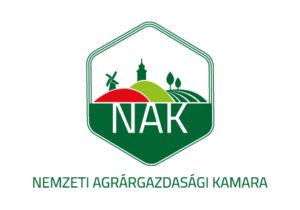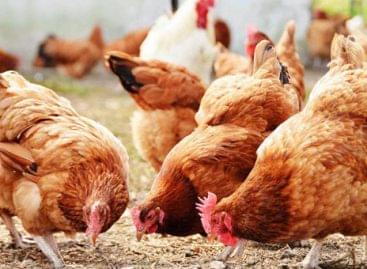Several chamber farmers help with the submission of uniform applications
Calling up EU agricultural subsidies involves more and more administrative tasks. In order to be able to support its members effectively, the National Chamber of Agriculture (NAK) has expanded its network of village farmers by nearly 170 people, so around 700 village farmers will now assist in the submission of uniform applications from April 10 to June 10, 2024. Two-thirds of the uniform applications, approximately 110,000, are submitted by NAK village farmers each year.

The period for submitting uniform applications began on April 10. Similar to last year, the previously customary penalty of a 1 percent subsidy reduction per working day will not be applied in the last stage of the application period. Applications can be submitted until June 10 (since the deadline is Sunday, June 9). Uniform applications submitted thereafter will be rejected without substantive examination.
When submitting an application, it is possible to request support for 44 support titles and measures, and to fulfill the obligation to provide data
The unified application can still be submitted only electronically, on the online interface of the Hungarian State Treasury (MÁK). As of last year, in the case of the unified application and its titles, it became mandatory to maintain electronic contact: from the submission of the application to the submission of possible appeals and objections, documents can only be submitted electronically. The MÁK also sends decisions, documents, and minutes electronically to the client’s or their representative’s customer portal.
The EU’s Common Agricultural Policy has also changed significantly this year, which also affects the submission of uniform applications
One of the most important amendments is the relaxation of the mandatory fallow rules: farmers can also fulfill the obligation to designate non-productive areas by growing nitrogen-fixing plants (e.g. lentils, peas, other legumes) and/or intermediate crops (ecological reseeding) on 4% of their arable land. without the use of drugs. In the case of producers with an area of less than 5 hectares and livestock sufficient to meet household needs at most, a simplified inspection system will be implemented.
Another change is that the optional practices of the agro-ecology program (AÖP) introduced last year have been expanded, for the completion of which farmers receive additional support
In the case of lawns, “grazing with native farm animals” and “leaving at least 10 cm of stubble height during mowing” are new. The previous practice of “only using an alternating mower” has been supplemented with a new option, “the use of a rear-suspended or trailed mower without a stalk breaker”. In the case of plantations, the “use of biological agent” practice has been expanded with the option of “use of pheromone air circulation device”. In the case of the AÖP, a new land use category has appeared, the special permanent culture, which basically includes energy plantations, industrial afforestation, and energy reed plantations. Thus, starting this year, it is possible to make commitments in these areas as well. When filling out the uniform application, the producers need to indicate which undertakings they are undertaking on their farm, and which part of it (table) they would like to implement. Another favorable change is that in case of non-compliance/non-fulfillment of AÖP, there is no complete withdrawal of support, but so-called a band sanctioning system is used. Thus, the subsidy reduction depends on the nature, size and degree of non-compliance of the farm. This sanction system also applies retroactively to applications submitted in 2023.
NAK
Related news
Not a turnaround, but consolidation: an agricultural outlook for 2026
🎧 Hallgasd a cikket: Lejátszás Szünet Folytatás Leállítás Nyelv: Auto…
Read more >The EP accepted the safeguard clauses concerning the Mercosur agreement
🎧 Hallgasd a cikket: Lejátszás Szünet Folytatás Leállítás Nyelv: Auto…
Read more >Poultry meat imports fell in 2025
🎧 Hallgasd a cikket: Lejátszás Szünet Folytatás Leállítás Nyelv: Auto…
Read more >Related news
Tesco sets out store expansion plans in 2026 including five former Amazon Fresh sites
🎧 Hallgasd a cikket: Lejátszás Szünet Folytatás Leállítás Nyelv: Auto…
Read more >Brits Embrace At‑Home Celebrations While Germans Cut Back on Valentine’s Day Spending
🎧 Hallgasd a cikket: Lejátszás Szünet Folytatás Leállítás Nyelv: Auto…
Read more >









